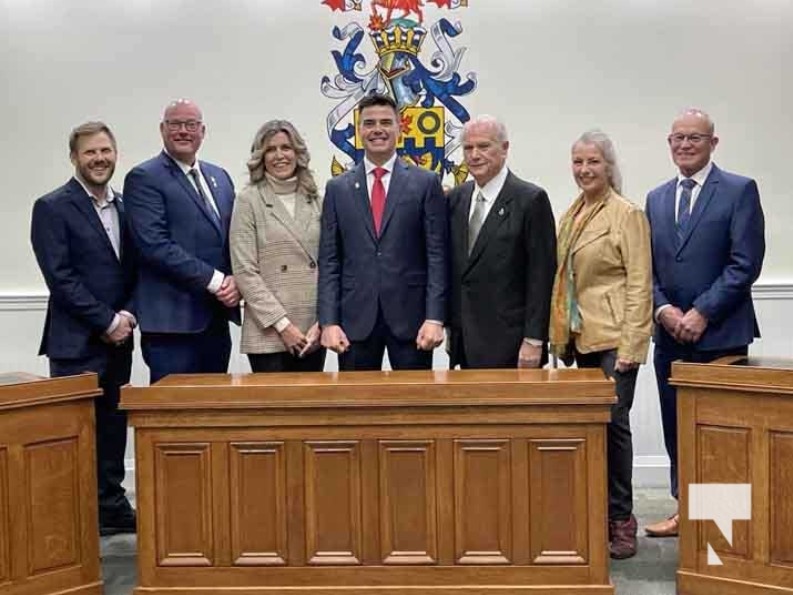Cobourg now has a Short Term Rental Accommodation bylaw, following lengthy discussion and debate at Wednesday’s council meeting.
The prospective bylaw was reviewed at length earlier this month at a standing committee, and the ensuing weeks have been devoted to fine-tuning and consultation for the motion that came before council this week.
Debate was preceded by presentations from 14 individuals, during which it emerged that there is a Responsible Hosting Coalition and that there are about 70 such businesses operating in the Cobourg area.
“The bylaw requires significant refinement,” RHC member Heather Beaumont summed up, sharing an action plan to address their concerns – phasing in the Municipal Accommodation Tax, for example, and reporting in a transparent manner what happens to that money.
Other presenters pointed out that their businesses provide jobs and support the local economy.
A recurring complaint was the short time frame for implementation – within a couple of months of the bylaw taking effect – especially at a time when their busy season ramps up. Nicole Molenaar called the transition period “lightning speed – it’s not really doable.”
Molenaar also said that the new Municipal Accommodations Tax is “more than double anyone else in Ontario.”
The presentations took almost two hours, after which council debated some of their points.
The recommendations adopted from the report include adjustments to regulations surrounding Class C, individually owned dwellings that the owner does not occupy as a principle residence. One change was to require Class C owners to be residents of Northumberland County (formerly, only residents of Cobourg could operate Class C STRAs).
They also dealt with what was referred to as the MAT tax, a levy the town is entitled to impose on hotels, motels and lodges (as well as STRAs) but has until now not chosen to do so.
Council adopted Larmer’s recommendation to extend the MAT tax to those businesses as well as STRAs, though they also said there should be input and feedback from that industry.
Larmer said he got the percentages in the bylaw from studying 27 comparitor municipalities, and Councillor Adam Bureau made the motion to phase it in – at 2% the first year, 3% the second year and 4% the third year – with a staff report back on its implementation and input from the accommodation industry.
Mayor Lucas Cleveland made a motion he hoped would ease some of the pressure, to delay the bylaw taking effect another month to April 1. The motion passed.

